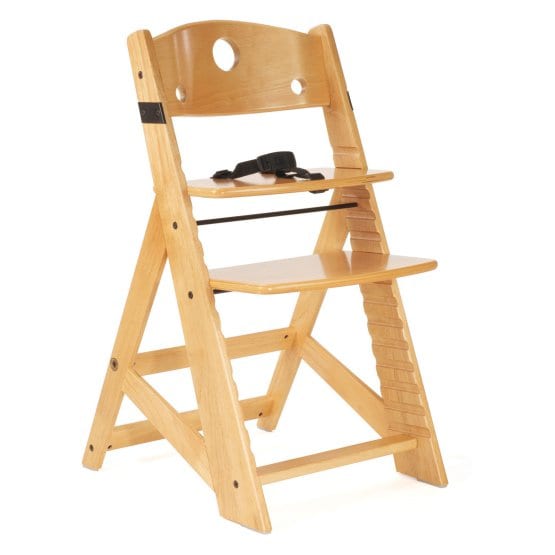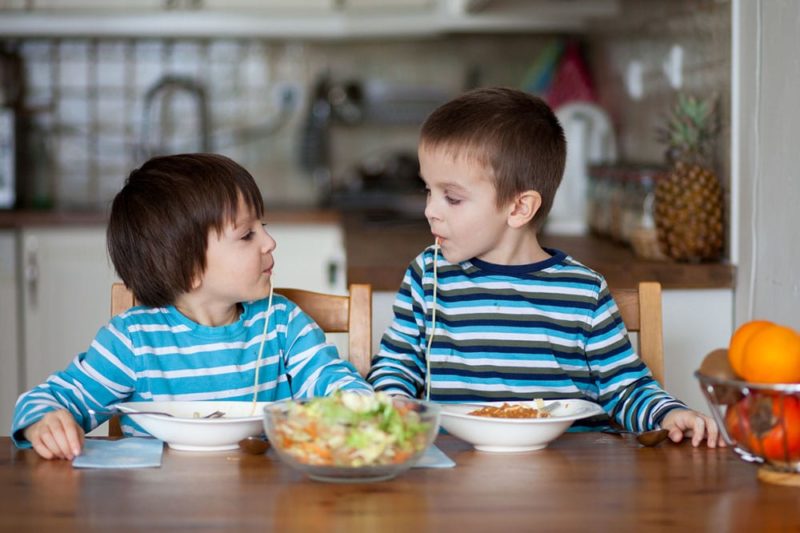Occupational Therapy Helping Children’s Founder and Senior Clinician, Lisa Hughes, shares how to help your picky eater develop their feeding skills.
Often as Occupational Therapists we help children who are ‘picky eaters’ or ‘fussy with food’. What many families don’t realise until we help them, is that their child’s picky eating is a sign they need some extra help to learn this skill — rather than it being ‘misbehaviour’.
We understand it can be extremely frustrating and trying for parents to try and get nutritious food into your little one if they are battling, refusing or struggling at mealtimes. But the first step is knowing that this is your child’s way of communicating that something about eating is not easy for them!
We are trained in the SOS Approach to Feeding, developed by Dr. Kay Toomey. The first thing she stresses when it comes to ‘picky eaters’ or ‘problem feeders’ is that it’s not your fault as parents, nor is your child being naughty.
While eating is something we often do mindlessly as adults, it’s easy to be unaware that eating is actually a very complex task. So it can be very hard for us as adults to see that our children’s challenging behaviours around food is their way of communicating that eating is difficult. But that is exactly what we need to do.
Dr. Sundseth Ross’ words on this really resonate with us:
“We need to recognise why not eating is easier for these kids than to actually eat, or why the feeling of hunger is less painful than the experience of eating”.
Skills for Eating
When we stop and examine it, there are actually many, many complex steps involved and skills needed for eating. Again, something most of us don’t think of, because our experience is as simple as sitting down and eating.
There are two main areas of physical skills we need in order to eat:
Oral Motor Skills: The different movements within your mouth
Sensory Processing Skills: Processing all the sensory information involved in eating
Eating is a learned activity. It requires our brain to make neural pathways that work like a complex map of crossroads and intersections. Like anything with our brain – we ‘use it or lose it’. This skill building begins before a baby is born, and continues to develop as the child is exposed to new opportunities and experiences. For a child who has eating challenges we work to figure out which skill or neural pathway has not yet been learned or developed, and then create a plan for how to develop this skill using fun, engaging activities.
How to help your child with their eating at home
(These are helpful for all children, not just fussy eaters)
- Get their seating right
If you have ever worked with an Occupational Therapist I’m sure you will have heard them talk about the importance of good sitting! When our feet are not on a flat surface it is incredibly disorientating for our bodies. Additionally, seating that provides good postural support enables children to use their body for eating, and allows them to concentrate on eating. Kids should ideally sit with hips, knees and ankles in a 90° position (90°-90°-90°!).The Keekaroo chair (below) is a good option for the dining table.
- Use statements instead of questions
Questions are distracting so try to use proposing statements more. For example, instead of, “Do you want some chicken?” say “You can have some chicken”. Rather than asking your child questions during meals, discuss and talk about the food – describe it in all its detail. - Let them get messy
Yes, it may go against your natural instincts for all of us ‘neat freaks’ out there, but we recommend not cleaning your child while they’re eating. Allow them to get messy because it helps them build skills, familiarity and learn about the food. - Don’t get distracted by technology
Again, another tempting one, but try and spend mealtimes interacting with your children and being a good role model of how to eat. We found this article really interesting. - Get creative!
Young children think in the make-believe world. Help them think about foods differently and create positive relationships with foods through play and being creative. Involve them in food preparation and talk to them about the foods.

- Learning to eat starts by looking
If your child is struggling with eating, developing their feeding skills doesn’t always have to be about eating it. Have fun with it and find ways for your child to be exposed to foods in other ways then mealtimes. Raw fruit and vegetables or foods out of packaging are particularly good for this.
If your child needs help with their eating skills, you can learn more at our upcoming Mealtime Madness parent workshop where we’ll equip you with practical strategies to help your child. We can also help your child through one-on-one sessions with one of our Occupational Therapists.
Additionally, we also help children develop their eating skills in one-on-one sessions with our OTs. Please talk to your child’s OT directly or contact us to see how we can help your child.


